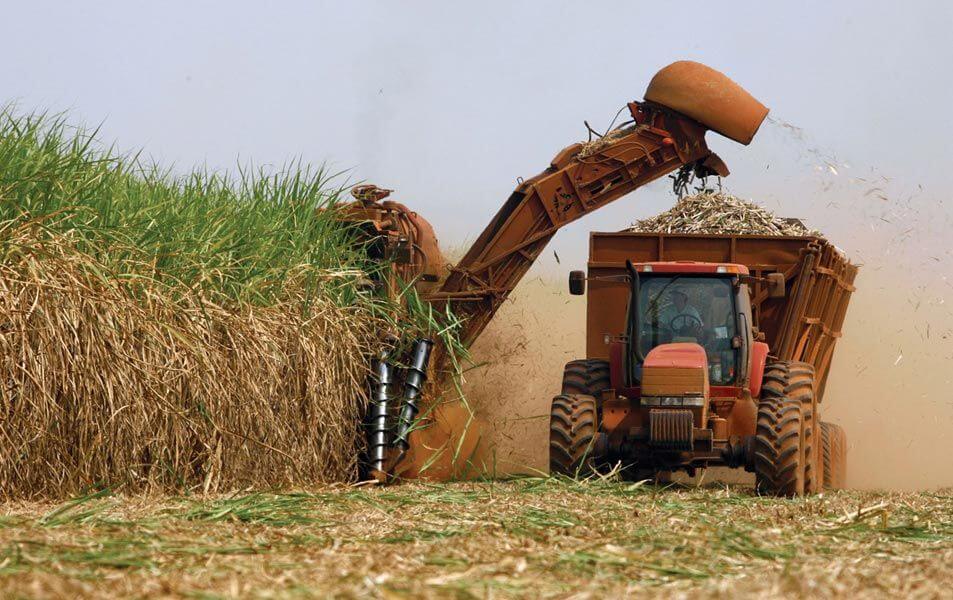Sugarcane millers take revenue sharing battle to Supreme Court
Zimbabwean sugarcane millers are appealing a High Court ruling that upheld a Government directive allocating 80,5 and 19,5 percent of sugarcane proceeds to millers and farmers, respectively.
Hippo Valley Estates and Triangle Ltd, subsidiaries of South Africa’s Tongaat Hulett, took Minister of Industry and Commerce, Mangaliso Ndlovu to the High Court, challenging his directive as “invalid.”
“The company filed an appeal with the Supreme Court regarding the recent adjustment to the Division of Proceeds arrangement under the cane milling agreement, which increased the DoP ration allocation to the farmer,” Hippo Valley said in its trading update for the Q3 ended December 31.
The new DoP ratio was implemented based on a report prepared by Baker Tilly Chartered Accountants, which was engaged to review the revenue-sharing model within the sugar industry.
The new ratio represents an increase from the previous allocation of 77 percent for farmers and 23 percent for millers.
In the suit, Hippo and Triangle cited Minister Ndlovu as the first respondent, Baker Tilly as the second as well as 11 sugarcane farmer associations. The millers challenged the directive’s legality, arguing that it exceeded the Minister’s authority under section 10 of the Sugar Production Control Act.
While the Act empowers the minister to set cane prices under Cane Purchase Agreements (CPAs), the millers contended that it does not extend to setting revenue-sharing ratios under Cane Milling Agreements (CMAs).
Additionally, the millers alleged procedural deficiencies in the issuance of the directive, claiming inadequate stakeholder consultation and an economically unsustainable burden imposed on the milling industry. The millers also argued that the revised DoP ratio will significantly reduce their revenue share, thereby impacting their ability to operate sustainably.
They content that the minister’s directive represented an overreach of power, imposing a revenue-sharing model that disproportionately benefits farmers at the expense of the millers’ significant capital investment and operational costs, including machinery maintenance, fuel, labour, and distribution logistics. The millers further asserted the consultations were insufficient, and were not given adequate opportunity to negotiate or present alternative solutions.
They argued that the proposed 19,5 percent allocation disregards historical DoP ratios previously established through expert assessments, which recognised the need for a balanced approach between the revenue interests of farmers and the operational costs of millers.
Conversely, the respondents argued that the directive was a lawful exercise of the minister’s authority, grounded in longstanding industry practices.
They asserted that the minister’s involvement in DoP ratios had been a stabilising force in Zimbabwe’s sugar industry, historically used to address disputes between millers and farmers.
The respondents further submitted that the application should have been brought as a review rather than as a declaratur, given the applicants’ focus on procedural and jurisdictional concerns.
The respondents defended the directive, arguing that the adjustments were necessary to reflect evolving economic conditions affecting farmers and millers. They submitted that Baker Tilly conducted extensive consultations with both parties, and that the revised ratio is the result of a thorough assessment of stakeholder interests and economic data.-ebsinessweekl








